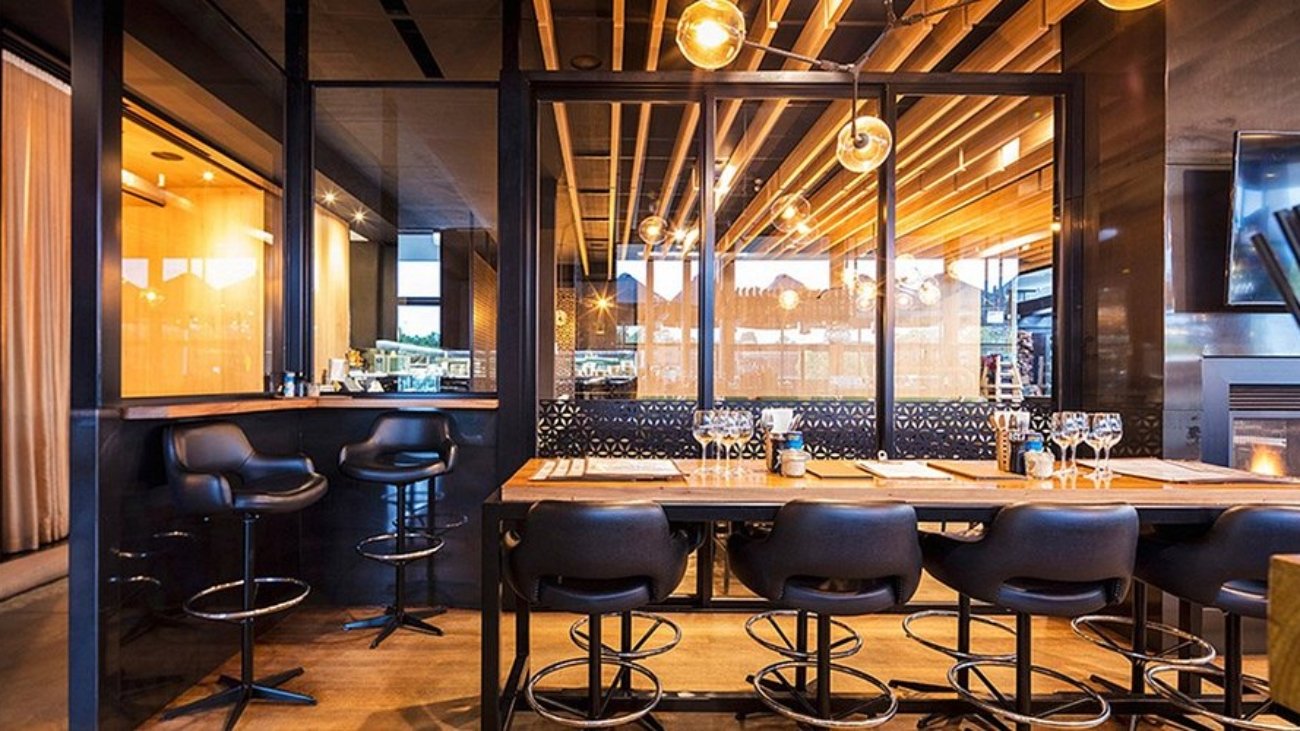Eating House License in India: A Complete Guide for Food Entrepreneurs
The food and hospitality industry in India is a very lucrative one and the key to a legally safe business is compliance. Eating House License is one of the most vital permits any food establishment may get. This license is essential whether you intend to open a Cafe, restaurant, dhaba, a food court outlet or a take away joint. This blog will give you all the information you require about the Eating House License the need to have one, how to get it, the documentations that are involved and how to seamlessly get them approved.

What is an Eating House License?
An eating house license is granted by the police commissioner of the particular locality and allows a particular business establishment to carry on where food or drinks are served so that the people may consume the items in that business. Due to the police rules, it is obligatory to keep the order, hygiene, and security of people at the places where the food is served.
Why is an Eating House License Required?
These are the main arguments why every business that deals with food has to acquire this license:
-
Legal Requirement: They are required by local police acts, city regulations.
-
Public Safety: Makes sure that the establishment complies with the standards of safety and security against fire.
-
Operational Legality: Allows a legal operation and prevention of fines or shutdowns.
-
Trust Factor: Increases the confidence of customers that the outlet is within the legal and safety standards.
Who Needs an Eating House License?
Any outlet that serves food or drinks to the public for consumption on-site, including:
-
Restaurants
-
Cafés
-
Hotels
-
Bars and Lounges
-
Canteens
-
Dhabas and Eateries
-
Cloud Kitchens with pickup
-
Food Trucks (in many cities)
Documents Required for Eating House License in India
To apply for the license, the following documents are typically required:
-
Business Registration Certificate
-
FSSAI License
-
GST Registration Certificate
-
Fire Safety Certificate (if applicable)
-
Proof of Premises (rent agreement/ownership deed)
-
ID and Address Proof of the applicant
-
Site Plan/Layout of Premises
-
NOC from Owner or Neighbours
-
Police Clearance Certificate of owner and employees
-
List of Employees with ID Proof
-
Photographs of Premises and Signboards
-
Proof of CCTV Installation (with storage details)
Note: The document list may vary slightly depending on your city or state.
Procedure to Obtain the Eating House License in India
Here’s a step-by-step process to apply for the license:
1. Online Application
Visit the local police department’s official licensing portal (e.g., Delhi Police Licensing) and register your business.
2. Document Upload
Scan and upload all necessary documents as per the application form.
3. Verification
A local police officer will visit your premises to verify safety, layout, and compliance with local rules.
4. Approval & License Issue
If all checks are satisfactory, your license will be approved and issued within 30–60 days.
Fees and Validity
-
Fees: Varies between ₹5,000 to ₹15,000 depending on the city, size of establishment, and number of employees.
-
Validity: Typically 1–3 years (renewable upon expiry).
Penalties for Non-Compliance
Operating without a valid Eating House License can lead to:
-
Heavy fines
-
Sealing of premises
-
Suspension of operations
-
Cancellation of related licenses like FSSAI or Trade License
Tips for Smooth Licensing
-
Ensure CCTV cameras are functional with at least 30-day backup.
-
Maintain employee records and police verification.
-
Keep fire safety measures (fire extinguishers, exits) ready.
-
Display all licenses at your premises.
-
Hire a professional/legal consultant for faster processing.
Applicable Laws
-
The Delhi Police Act, 1978 (or respective State Police Acts)
-
FSSAI Act, 2006 (for food safety)
-
Shops & Establishment Act
-
Fire Safety Regulations
Final Thoughts
The Eating House License is not just another bureaucratic hurdle, it’s a key safety and compliance measure. If you’re passionate about your food business, ensure you operate within the bounds of the law. A licensed business is a trusted business!


